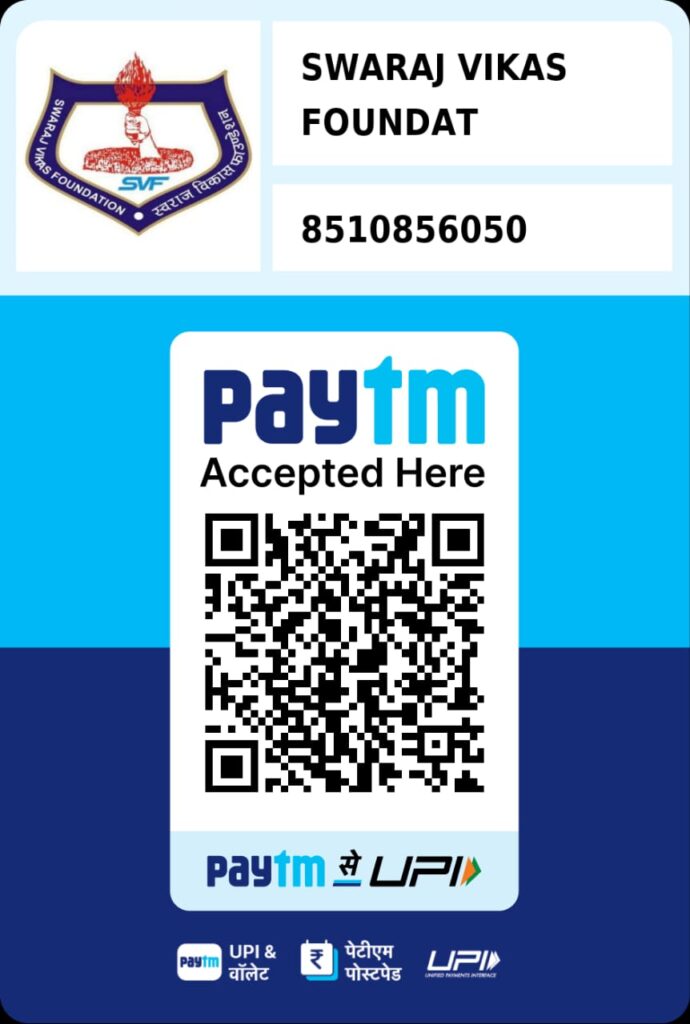Understanding Volatility in Chicken Road Slot Games
Volatility is a crucial concept when it comes to playing Chicken Road slot games. Simply put, volatility measures the risk level associated with the game’s payouts, indicating how often and how much you can expect to win during your gameplay. Understanding volatility in Chicken Road slots helps players tailor their gaming experience, whether they prefer frequent small wins or less frequent but bigger payouts. This article explores what volatility means in the context of Chicken Road slot games, how it affects your gameplay strategy, and what you should consider before spinning the reels.
What Is Volatility in Slot Games?
Volatility, also known as variance, is a statistical measure that describes the frequency and size of payouts in slot games. In Chicken Road slot games, volatility dictates whether players will experience consistent small wins or sporadic, larger jackpots. Slots with low volatility typically payout smaller winnings more regularly, providing a steadier gaming experience with lower risk. Meanwhile, high volatility slots offer bigger rewards but with greater unpredictability and longer dry spells between wins. Understanding this balance helps players choose a game that fits their risk tolerance and playing style.
Volatility is not directly related to the Return to Player (RTP) percentage; rather, it complements RTP by defining the way returns are distributed across spins. For instance, a high RTP game with high volatility might pay out less frequently but in larger chunks, compared to a low volatility game with the same RTP that pays out more frequently but less per win chicken road casino game.
Types of Volatility in Chicken Road Slot Games
There are typically three categories of volatility in Chicken Road slot games: low, medium, and high. Each type affects player experience in unique ways:
- Low Volatility: Frequent small wins, less risk, ideal for players who want extended gameplay and steady bankroll management.
- Medium Volatility: A balanced mix of small and large wins, suitable for players looking for moderate risk and decent rewards.
- High Volatility: Rare but substantial payouts, best for high-risk players willing to endure longer losing streaks for a chance at big jackpots.
For Chicken Road, understanding which volatility level the game offers can help you better predict your potential playing session length and the size of expected rewards.
How Volatility Influences Your Bankroll Management
One of the most important aspects that volatility affects is bankroll management. In Chicken Road slot games with low volatility, the steady stream of small wins means your bankroll can last longer, allowing extended gameplay without the risk of rapid losses. Conversely, high volatility slots require a larger bankroll or more conservative betting strategy since long losing streaks can deplete funds quickly before a big win occurs.
To manage your bankroll effectively, consider these strategies based on volatility:
- In low volatility slots, use a consistent bet size to capitalize on frequent wins.
- For medium volatility, adjust bet sizes to balance between risk and reward.
- For high volatility, consider starting with smaller bets or setting loss limits to survive the dry spells.
Understanding volatility allows players to tailor their bet sizes and session lengths, improving the chances of a more enjoyable and sustainable gaming experience.
The Role of Volatility in Slot Game Features
Chicken Road slots often incorporate various features that are directly influenced by volatility, such as bonus rounds, free spins, and multipliers. In high volatility games, these features tend to be the main source of large payouts, but they may activate less frequently. Conversely, low volatility games might offer smaller bonus features more often, contributing to the regular smaller wins players experience.
The frequency and payout potential of special features in Chicken Road slots are typically designed to align with the game’s volatility. For example, a game with a high multiplier feature but rare trigger chances usually falls into the high volatility category. Knowing this helps players anticipate what type of features they are likely to encounter and how it might affect their overall gameplay results.
Tips for Choosing the Right Chicken Road Slot Based on Volatility
Choosing the right Chicken Road slot based on volatility requires a clear understanding of your personal preferences, bankroll size, and gaming goals. Here are five tips to help guide your choice:
- Define Your Risk Appetite: Choose low volatility if you prefer frequent wins and less risk or high volatility if you want bigger jackpots with more risk.
- Analyze RTP and Volatility Together: Don’t rely solely on RTP; check the game’s volatility to understand payout behavior.
- Test Using Demo Versions: Play free versions first to experience the hit frequency and feature activation, which reflect volatility.
- Set a Budget: Adjust your bankroll to match expected volatility levels before committing real money.
- Look for Player Reviews: Insights from other players regarding payout frequency and bonus activation can hint at the game’s volatility.
By combining these tips with your gaming style, you can make informed decisions when selecting a Chicken Road slot game that suits your preferences and increases satisfaction.
Conclusion
Understanding volatility is key to mastering your experience with Chicken Road slot games. It influences the frequency and size of your wins, affects your bankroll management, and shapes how you interact with the game’s bonus features. By recognizing whether the slot is low, medium, or high volatility, you can tailor your gameplay strategy accordingly to maximize enjoyment and potential rewards. Ultimately, knowing volatility helps players align their expectations with the realities of slot gaming, leading to a safer and more enjoyable gambling experience.
Frequently Asked Questions (FAQs)
1. What does volatility mean in Chicken Road slot games?
Volatility measures the risk and reward level of a slot game, indicating how often and how much the game pays out during spins.
2. How does volatility affect winning chances?
Low volatility games pay out smaller amounts more often, while high volatility games offer bigger wins but less frequently.
3. Can I change the volatility in Chicken Road slots?
No, volatility is a fixed characteristic of the game design and cannot be changed by the player.
4. Is it better to play a low or high volatility slot?
It depends on your risk tolerance; low volatility suits conservative players while high volatility appeals to those chasing big jackpots.
5. How do I know the volatility level of a Chicken Road slot?
Check the game information, guidance on casino websites, or try demo versions to understand the hit frequency and win size, which hint at volatility level.



